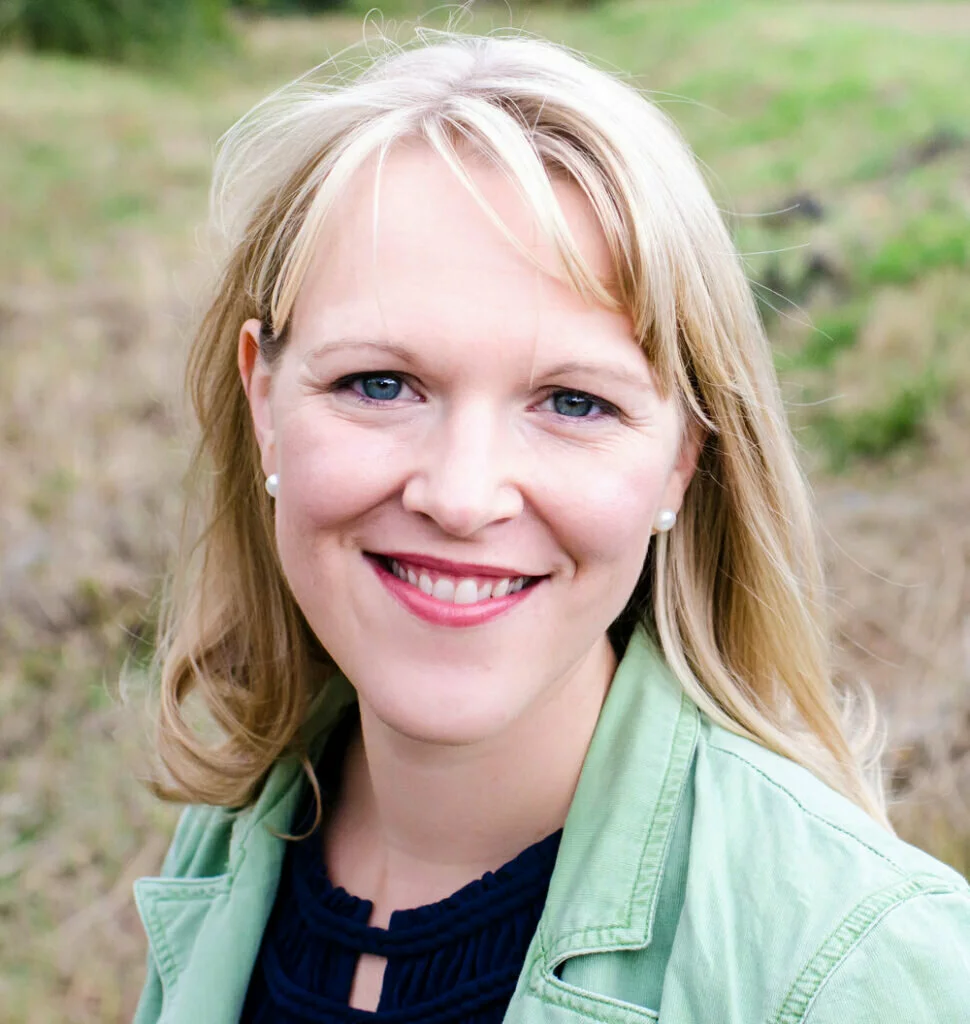In his new book You Are Not Your Own, Alan Noble talks a lot about sex. He talks about sexual identity. He talks about the ethics of sex work. He talks about the ennui that can undermine married sex. And he talks about pornography. (He talks about pornography a whole lot.)
To be fair, one cannot critique our contemporary anthropology of self-belonging and not consider sex. Sex reveals how we think about ourselves and others, and in this particular age, sexual identity is a primary way we fulfill the responsibility of “expressive individualism.” Noble’s attention to sex is both warranted, and more generally, supports his thesis that “belonging to ourselves” results in deeply inhumane experiences.
But Noble makes one particular observation about sex that got me thinking and, in turn, prompted this essay. Near the end of the book, he cautions readers that embracing their belonging to Jesus Christ will change parts of our lives, including those parts we once understood to be matters of personal choice. Considering marriage and sex, he writes, “children are the natural fruit of marriage, as sex is the natural physical culmination of marriage.” But, he continues, “parenting will cost you” and it will be “a sacrifice.” And in an irony for the ages, having children also makes it impossible to “make love during the day without fear of the kids knocking on the door and asking why it is locked” (p. 183).
With this simple, if not mundane observation, Noble highlights a connection lost to people who believe in self-belonging. Sex and children are linked. And not only this, but every child standing at the locked door originated from what was happening behind that door. For a generation taught to believe in self-creation, the statement of the obvious is most profound.
It’s reasonable then that Noble explores both the effects of self-belonging on sex and its natural result: parenting. He notes the plight of the isolated mother at home, the weight of projecting our identities through our children’s behavior, and the temptation to view children as “an option with which you can accessorize your marriage” (p. 183). But I’d like to turn the question ever so slightly: How does embracing God-belonging change how we parent? How might we protect and cultivate the humanity of our children in an inhumane world?
Perhaps the first way that God-belonging changes parenting is that it relieves us of ownership of our children. Our children do not belong to themselves, but they also do not belong to us—they belong to God.Our children do not belong to themselves, but they also do not belong to us—they belong to God. Parenting out of this truth is more difficult than it initially sounds, especially when an entire culture is working against it.
Consider this: Children do not ask to be born. Indeed, they cannot ask to be born, and this inability to choose their own creation puts them at a disadvantage in a world that defines personhood by self-creation. Lacking the conscious will that defines existence in our modern anthropology, their existence depends on the conscious will of those who make them. Thus, we are habituated from the beginning that children belong to their parents—objects of our choice and a way to project our own desires, dreams, and intentions into the world. (At least, until such times as they can take responsibility for their own self-belonging and project their own chosen identities into the world.)
If, however, we believe that human beings belong to God, that we are not our own, we must also believe that our children do not belong to us even if God uses us to bring them into existence. This “givenness” flows in both directions, from parent to child and child to parent, establishing bonds that rely on their shared God-belonging rather than personal choice. As Bishop Desmond Tutu writes in God Has a Dream, the identity of family is begotten, not created or earned:
You don’t choose your family. They are God’s gift to you, as you are to them . . . we have them as they have us. And no matter how your brother may be, you can’t renounce him . . . he remains forever your brother.Desmond Tutu, God Has a Dream (New York: Image, 2005), 22.
Few parents will renounce their children, even those “not planned”; but we might resist their givenness in more subtle ways. Failing to recognize the lie of self-creation, we may see children as people waiting to be made. They are tabulae rasae onto which we are called to imprint our own image or that of whatever parenting technique we choose to adopt.
Believing that our children belong to God, however, means receiving them from him as distinct creations, made with intention and purpose. It means believing, as Psalm 139 puts it, that God knit them together in our wombs and ordained their days before any one of them came to be. It is an act of radical embrace of all that our children are, a full delight in their being, and a refusal to try to make them after our own image.Parenting, by extension, becomes a shared discovery process of figuring out exactly who and what God is ordaining. Parenting, by extension, becomes a shared discovery process of figuring out exactly who and what God is ordaining, marked more by curiosity and faithful stewardship than control or authority.
In this sense, it is not the job of parents to make our children human but to receive them as fully human already, to receive them as God-belonging and to help them understand themselves this way. And here, children are actually at an advantage. If “belonging to God” means, as Noble suggests, finding “ways of living that testify to our radical dependence on God for our existence and preservation,” children are much nearer the kingdom than we are (p.179).
“Let the little children come to me,” Jesus teaches in Mark 10:14–15. “Don’t stop them, because the kingdom of God belongs to such as these.” And again in Matthew 18:3–4: “Truly I tell you, unless you turn and become like little children, you will never enter the kingdom of heaven. Therefore, whoever humbles himself like this child—this one is the greatest in the kingdom of heaven.”
Children embody dependence in their very nature. From conception, they depend on their mothers’ bodies; at birth, they depend on caregivers to nourish and clothe them; and for many years after, they depend on others for their education, safety, and well-being. In this sense, they testify to the dependence and trust necessary to live as those who belong to God—the dependence necessary to live as human beings. The call of parenthood is to preserve, not immaturity, but what childhood itself represents: humble dependence on God and others.
But again, this approach to parenting is nonsensical to a culture drunk on self-creation. If we belong to ourselves and we make ourselves, then childhood and parenting are the processes by which children grow into their full humanity. This can have tragic consequences on both children and parents.While parents profess our undying love and commitment, everything else around our children is telling a different story. After all, if children earn their identities instead of receiving them, they must also earn their place in this world and even within their own the families. How can they ever be certain that they are enough?
While parents profess our undying love and commitment, everything else around our children is telling a different story. The noise is simply too loud. Our words alone will never be enough to affirm their acceptance. This is not because we don’t love them sufficiently but that our words cannot be heard above the din. The only thing that might be able to silence the demands of self-creation is the voice of One to whom they do belong and who has granted them life.
And so we must parent this way. We must parent believing that our children belong to God, that their givenness is assured, that their personhood is intact. Their humanity is not achieved through choice, progress, or maturation; like us, our children need all the things that any human being needs. They need community, companionship, meaningful work, rest, opportunities for worship, joy, and love. Their physical, mental, emotional, and spiritual development are not markers of growth in humanness; they are opportunities to embody the realities of their humanity in new and diverse ways through the various seasons of their lives.
One way my own father combated the dehumanization of his children (perhaps without even meaning to do so) was to offer simple prayers of thanksgiving for them on their birthdays. I remember the safety, joy, and absolute affirmation I felt at hearing my earthly father thank my heavenly father for my existence. The entire prayer was devoted, not to celebrating me directly or even affirming his love for me, but to praising the One whose creativity, providence, and life-giving nature had resulted in my unique being. Pray this way for your child, and you will both be changed.
Seeing our children as fellow human beings who belong to our Father God also changes how we understand our stewardship of them. We do not stand between our children and God so much as we stand beside them, entrusted to guide them to God. “Obey me because I said so” has no place in an anthropology of belonging to God. Instead, as Proverbs 1 puts it, parents call our children to listen to us so that they might learn to listen to the One to whom they truly belong.
A Christian home is not defined by its strictness, educational choices, or even church involvement. A Christian home is one that preserves the humanity of its members in a world that dehumanizes them. It is a home in which each member knows the safety of belonging to God and as a result, the grace of belonging to each other. It is a home that transcends political and religious differences, knowing that we are not bound together by our consumer preferences, political allegiances, and online tribes. It is a home to which the prodigal knows she can always return because she knows that her belonging is not based in her performance but in her begottenness.
Children learn who they are the same way we all do—by habit and repetition. Left unattended, they will quickly become habituated to a world not made for humans. The work of the Christian parent is to preserve their humanity at all costs, and in the process, rediscover our own. This begins by confessing our shared belonging to God. Our sons and daughters are also our brothers and sisters, joint heirs together of the grace of life. And so with them, we bow our heads and worship our Father in heaven, asking him to preserve us both in this life and the life to come.








Comments
Be the first one to make a comment!